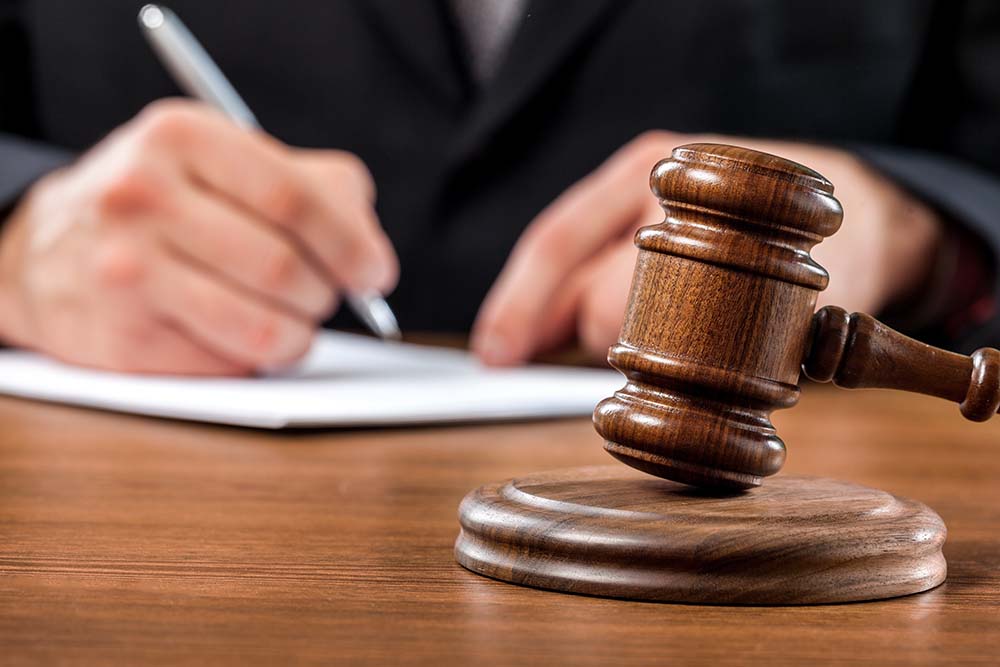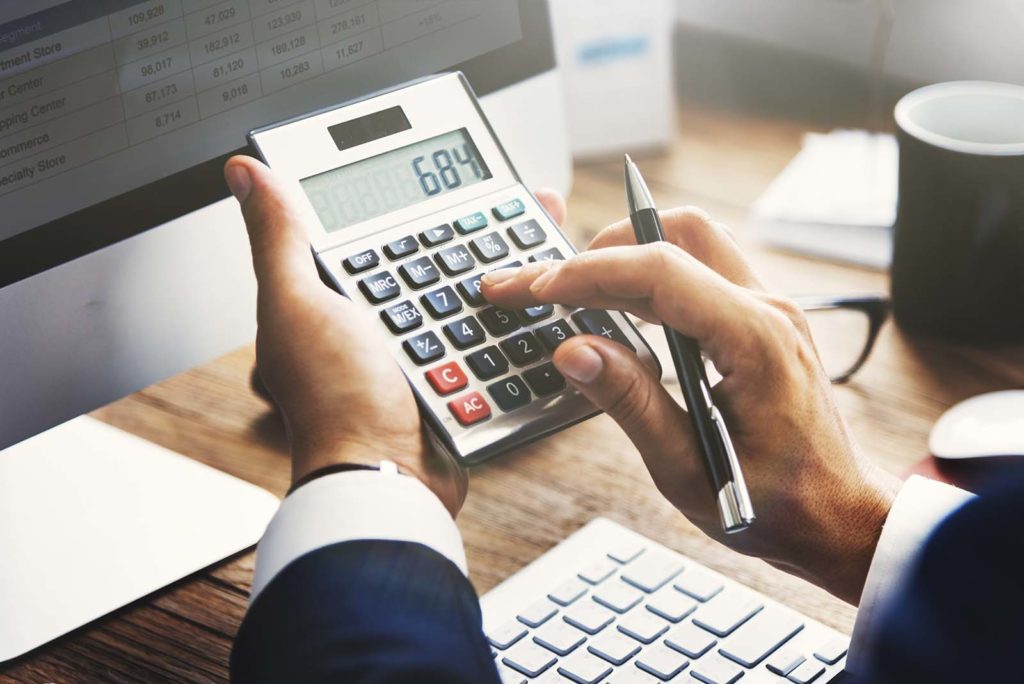If you have entered into bankruptcy you may find you have a higher amount of surplus income as you will no longer be required to repay a large portion of your creditors. If you are able to afford it, some money will still have to be paid to your creditors for a fixed period of time, which can be arranged through an Income Payment Order.
Before it can be introduced, the first option will usually be an Income Payment Agreement, which works in a similar way. However, if you do not agree to these terms, the court could enforce an Income Payment Order to ensure payment. Below we explain how an IPO works and what to expect if you have received one.
How does an Income Payment Order work?
By entering into bankruptcy, you are given relief from high levels of debt you are unable to manage. Once the bankruptcy is finalised, you may have additional income beyond that required to maintain the reasonable needs of yourself or your family. This surplus income can then be used to pay into the bankruptcy estate.
The trustee of the estate is able to apply to the court for the debtor to maintain ongoing payments from this surplus income into the estate. This is what is legally referred to as an IPO. Whether or not the debtor agrees to the order, the trustee can apply without their consent.
An IPO works differently to an Income Payments Agreement. It is a voluntary agreement made between the trustee and the debtor ensuring regular payments will be made. While an IPA essentially produces the same end result, the important difference is that an IPO can be obtained without consent, while an IPA requires it.
What are the terms?

The standard terms of an IPO are as follows:
- The agreement cannot last longer than 3 years (but may extend beyond the end of your bankruptcy period).
- You will normally be expected to pay a minimum of £20 each month.
- There is no requirement to attend court.
- If your financial situation changes the IPO can be altered.
- You may be asked to make a one-off lump sum payment.
The bankruptcy trustee can only make an application for an IPO when a No Meeting Notice has been issued, or when no insolvency practitioner was appointed after a first meeting, and the debtor has refused to take part after the case is viewed as appropriate for an IPA.
How is an Income Payment Order calculated?
In most cases, if you have more than £20 disposable income available each month you will be expected to attribute this to your payment. An IPO can only be issued if you have at £20 or more surplus income each month, which means the higher your disposable income after paying for essential bills, the more you will usually be expected to pay.
It is important to note that unless the trustee or court believe you have enough surplus income each month, they will not seek to secure an IPO order. Anyone relying on state benefits as their main source of income is unlikely to be asked to agree to either an IPA or an IPO.
Disposable income is classed as the money left over after you have paid for you and your family’s essential bills and living expenses on a monthly basis. If you applied for your own bankruptcy, this is done by completing a Statement of Affairs (SOA) form. Bankruptcies that have been enforced require you to complete a preliminary information questionnaire (PIQB).

Proof of spending will also need to be provided to demonstrate how much you spend on things such as:
- Mortgage or rent payments
- Gas and electricity bills
- Council tax
- Food
- TV licence
- Broadband and telephone bills
- Reasonable monthly mobile phone bills
- Insurance for your home and car
- Child support payments (maintenance order/CSA)
- Optician, dental and prescription fees
You are also allowed to account for reasonable spending on things such as clothing, hairdressers, holidays, pets, after school clubs and extra-curricular activities for your children.
When calculating what can and cannot be included an IPO, there will be some items that are less likely to be permitted. This will be things like:
- Funds more alcohol, cigarettes or gambling
- Excessive mortgage payments
- Ongoing payments to religious or charity organisations
- Private health insurance
- Pension contributions to enhance a private pension
- Gym or club membership or sports expenses (you may be able to say this is for medical purposes)
What if my circumstances change?
An IPO can be altered to reflect a change in your financial situation. If this is the case, you must get in touch with the trustee as soon as possible to provide an update.
A change of circumstance could mean your income has either gone up or down, you’ve received a lump sum of money (via inheritance, for example), or you are experiencing general financial difficulties that is making it more difficult to maintain the minimum monthly payment of £20.
After contacting the trustee they will be able to review your current situation and make a decision on whether any changes are required. This could either lead to the IPO being suspended, payments being increased, or you may be asked to make a lump sum payment. If the trustee does not agree to change the payment amount, you may be able to ask the court to do so instead.
Last Updated on September 1, 2023

